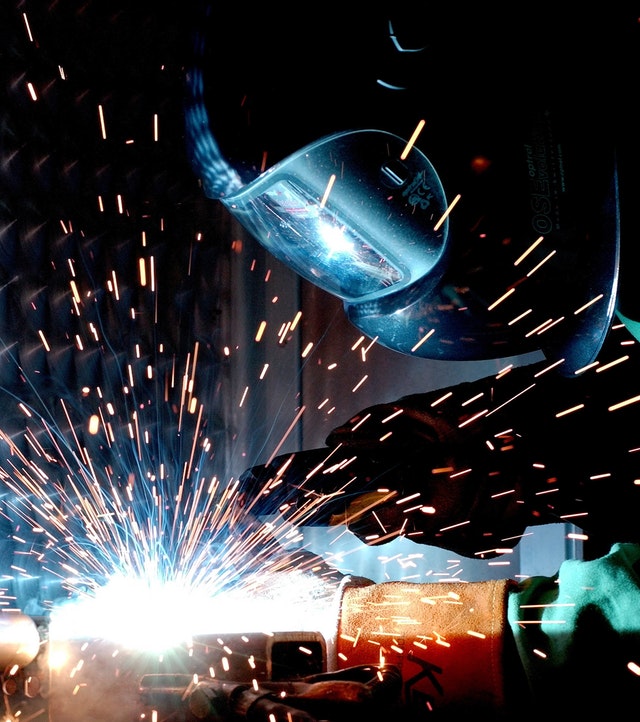Oil-Free Air Compressors

The immense use of oil-free compressors has grown rapidly in recent years. Oil-free compressors were introduced into the market to replace the traditional oil compressors due to its environmental degradation. However, besides its negative impact into the environment, oil compressors were reportedly linked to contaminating not only the air but also other substances in its environment. Millennial all over the world are involved to ensure the world environment stays clean and put, for this reason, oil-free air compressor use has been adopted in a variety of industries such as in the food, pharmaceuticals, garage, and construction industry to name a few.
In the past, oil compressors majorly released air through a piston located in a compression chamber. In the compression chamber, the piston used to release air was constantly lubricated to work effectively, hence contaminate the air as a return. On the other hand, oil-free compressors work in the same way only that the compressors do not need to be constantly oiled. Instead, cylinders come pre-lubricated with a Teflon coating to keep it permanently lubricated.
By using oil-free compressors, manufacturers are able to provide quality air that can be used in manufacturing or industrial uses. Construction managers are bound to get several benefits when they switch from using oil compressors to oil-free compressors such as the following.
- Reduced Costs
Oil-free compressors are essential to save on cost. First, purchasing, oil-free compressors is inexpensive this is due to their simple design which is meant to last long. Therefore, in case of any breakdown replacing or repairing the compressor will be quite cheap since there are few parts of it. Also, oil-free compressors are essential in energy saving, this is in contrast with oil compressors which are known to leak leading to immense energy losses. Oil-free compressors have automatic switches that shut off air supply in the compressor when it’s not in use. Therefore, when used in a building construction site there will be immense energy saving costs.
- Environmentally Friendly
This main reason oil-free compressors was incorporated was due to their ability to be environmentally friendly. In construction sites, it’s prudent that the industrial air compressors used to be environmentally friendly so that there’s clean air not only for industrial activities but also for individuals in the site. The absence of oil in the compressor ensures there are no contaminants leaked in the atmosphere. This guarantees a safe environment, moreover, leaking oil in some construction projects may cause damage to mixtures and hence increase costs due to damaged production.
- Multiple Compressor Uses
Oil-free compressors are essential in construction sites due to their ability to perform more than one function. Previously used oil compressors were only used to perform one function in one direction, however, oil-free compressors can be used either horizontally or vertically depending on the nature of the task. Oil-free compressors can be easily carried in any direction, and when lifted or tilted there’s no leakage to be expected which adds to its numerous advantages.

- Light-Weighted
In the building construction site, several places may need the compressor to carry out a task. The previous oil compressors were heavy, that it could not be easily transported from one user to another in the site. However, oil-free compressors are designed with fewer parts hence weigh much less and can be easily used around. Hence when in needed to spray paint or provide air to jackhammers it can be easily done.
- Fast Start
Using oil compressors forces one to use a lot of time since it starts slowly. The oil used in the compressor is known to be more viscous hence in cold temperatures it moves slowly. Oil-free compressors, on the other hand, start fast on any required task at whatever temperature.
Investing in oil-free compressors in your construction site is a wise decision. This is because, you will be saving the environment of contamination, saving up on your production costs, and increasing efficiency of work.





